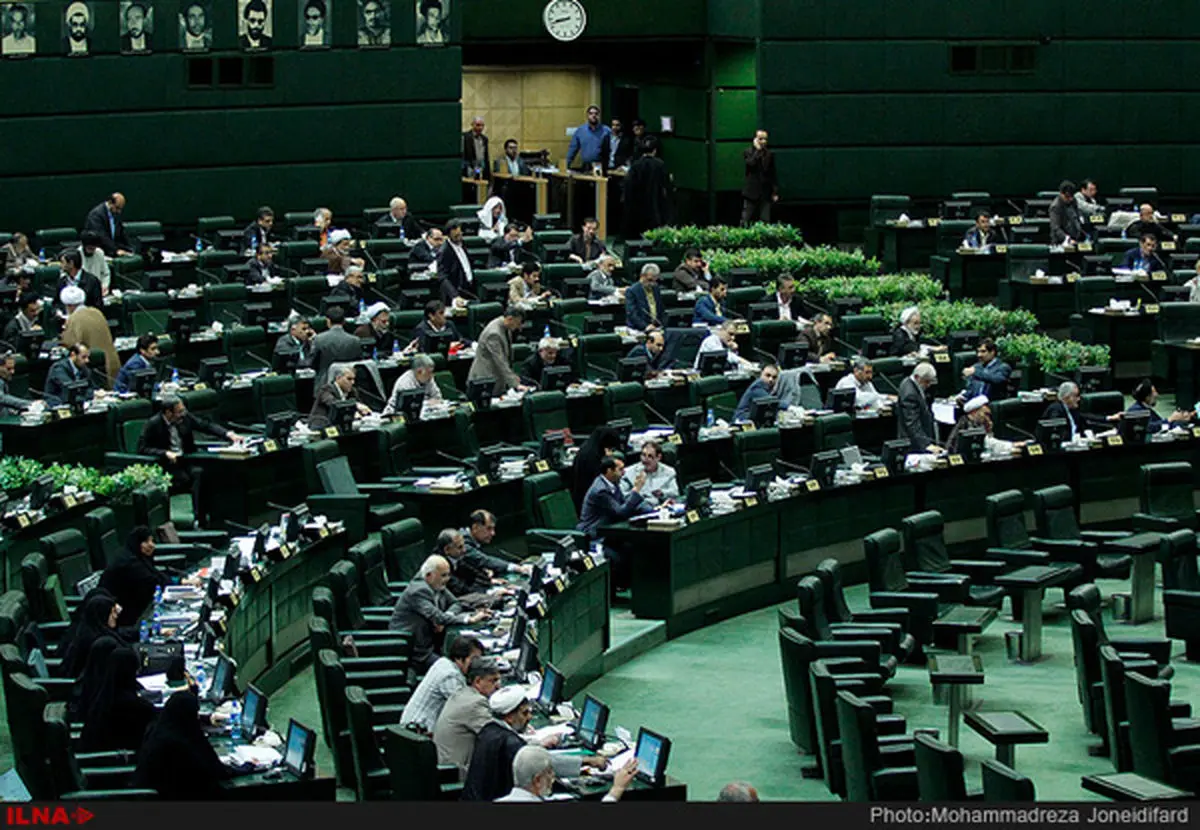Session to review CFT opens in Iran Parliament

Iran's Majlis (Parliament) National Security and Foreign Policy Commission held a closed session on Sunday to discuss details of the bill on the joining of Iran to Combating the Financing of Terrorism (CFT) convention.
After the closed session this morning, the parliamentarians began an open session to review the issue in the presence of a number of government’s representatives, including Foreign Minister Mohammad Javad Zarif, Intelligence Minister Mahmoud Alavi and Governor of the Central Bank of Iran (CBI) Abdolnaser Hemmati.
In the past days, Chairman of the Majlis National Security and Foreign Policy Commission Heshmatollah Falahat Pisheh had commented on the Majlis upcoming session, saying the lawmakers who are against the bill would express their disagreement and questions in half an hour, and the government’s envoys would then respond to them.
In related development, Majlis Speaker Ali Larijani said on September 25 that all bills related to Financial Action Task Force (FATF) are to be referreded to the Expediency Council for revision.
The four bills included reform in the money-laundering rule, change in the funding terrorism law, the joining of Iran to CFT and the joining of the country to the Palermo Convention.
Majlis approved the first two bills and sent them to the Guardian Council after changes in internal laws of the country, but the two others were shelved for two months as of June 10.
According to UNODC, the United Nations Convention against Transnational Organized Crime, adopted by General Assembly resolution 55/25 of 15 November 2000, is the main international instrument in the fight against transnational organized crimes. It opened for signature by Member States at a High-level Political Conference convened for that purpose in Palermo, Italy, on 12-15 December 2000 and entered into force on 29 September 2003.
FATF introduces itself as an inter-governmental body established in 1989 by the Ministers of its Member jurisdictions. The objectives of the FATF are to set standards and promote effective implementation of legal, regulatory and operational measures for combating money laundering, terrorist financing and other related threats to the integrity of the international financial system. The FATF is therefore a “policy-making body” which works to generate the necessary political will to bring about national legislative and regulatory reforms in these areas.
In its recent session, FATF gave a year as another chance to Iran to make changes in its financial activities as the country has already been transparent in its related commitments.
END
